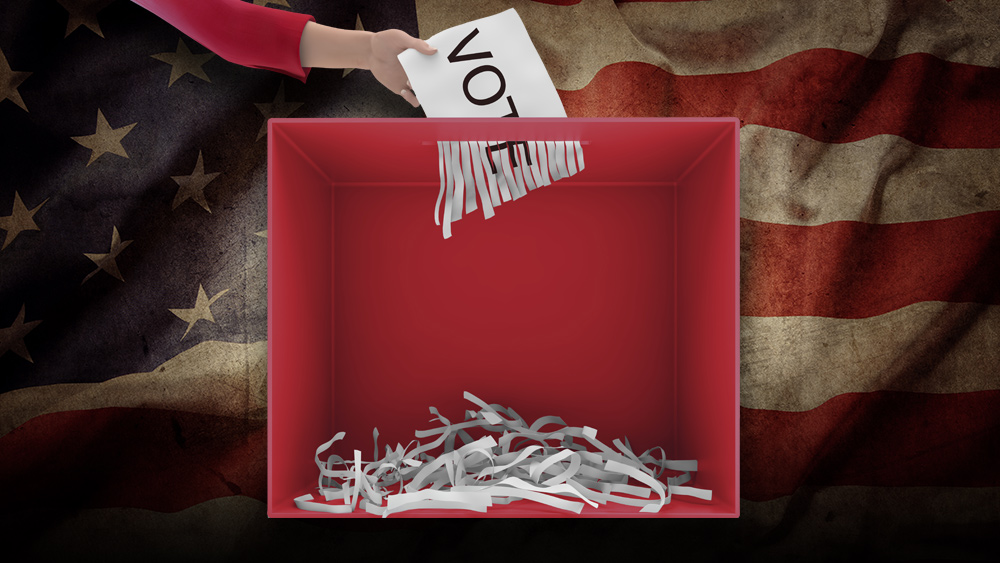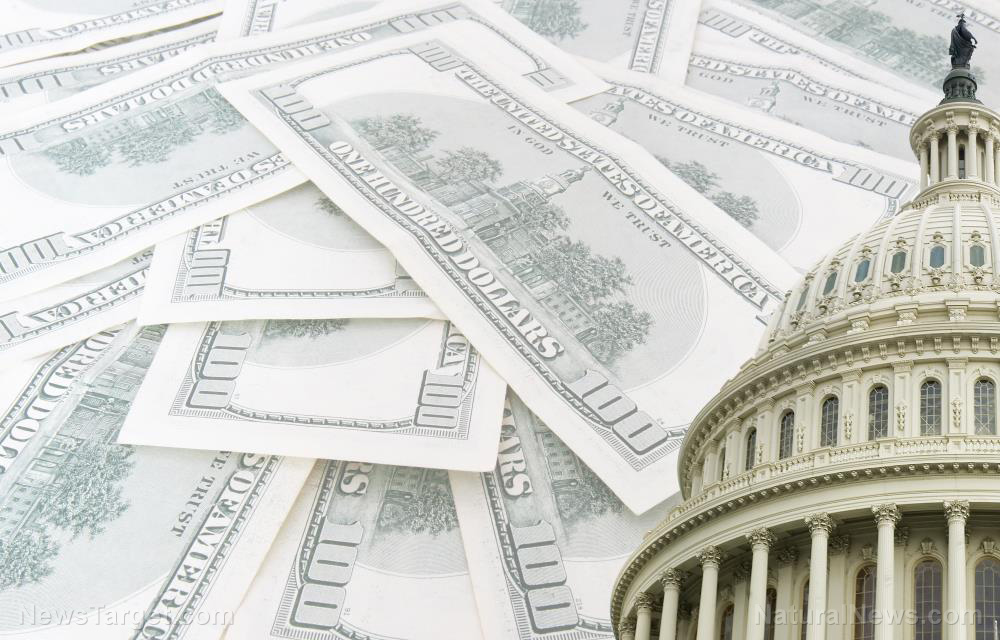
Beginner and veteran preppers alike will benefit from knowing how to get the most out of coupons. Every penny saved on items slated for the survival stockpile lets you get more bang for your limited buck.
Start by figuring out the sale cycle of the grocery or retail shop. The items that go on sale follow a pattern that repeats over the year.
Knowledge of the sale cycle lets you predict what week of the month a product goes on sale. Save the coupons for that time to get the items at the discounted price.
Look for local and online resources that help increase the efficiency of the coupons. For example, stock-up price sheets will show if buying more than one item of a discounted product is worth it.
Some stores implement "double coupon policies" that increase the value of the discount. Take advantage of those policies whenever possible to get twice the savings or even a free item.
Whenever possible, use coupons from online sites. Printing them out is faster and more efficient than clipping the traditional ones. (Related: Food storage tips and tricks for preppers.)
Get to know the coupon policies of your favorite stores
Get familiar with the policies of each local store on the use of coupons. If a new shop recently opened, read its coupon policy. Do the same before going to a store for the first time.
Some stores follow generous coupon policies. They may permit customers to use separate paper and printed coupons for each applicable item. Or they allow a customer to apply a discount on a product that is on sale, further reducing the price.
Some stores even let a customer use one paper coupon per item for products that are going through a "buy two and get one free sale." That's a total of three coupons and their respective discounts. Take full advantage of any store with such lavish coupon policies.
Stores may offer a "store advantage card" that serves as the electronic equivalent of a coupon. Find out the store's policy on its digital coupons and e-coupons.
Some stores require the card owner to "clip" the e-coupon before shopping. The discount gets deducted from the product at the cashier lane.
Other stores may forbid the use of an e-coupon and a paper coupon at the same time. This policy makes it harder to switch from a "clipped" e-coupon to a paper coupon if the customer finds a better deal with the latter.
Keep these things in mind when extreme couponing
Be careful when comparing the products. Upon checking an item, don't just look at the price. Examine the volume as well and calculate the cost per weight.
Many manufacturers save on production costs by reducing the size or volume of their products. At the same time, they retain the original price to keep customers from complaining about inflating costs.
Next, beware of misleading advertising. An ad or sign always proclaims the discount or sale in big, bold letters to grab attention.
However, the same advert writes the specifics in fine print that often escapes notice. The small text contains critical information regarding the discount, such as the size and type of products compatible with the sale.
As such, always read the fine print. The flavor or weight of a product often affects the sale.
Don't forget to check the receipt. Make sure to get the right sale price for each product after applying the discount from the coupons.
There are other ways for budget preppers to save money while building up emergency supplies in their survival stockpile. Visit flea markets, surplus stores, and thrift stores.
Sources include:
Please contact us for more information.





















